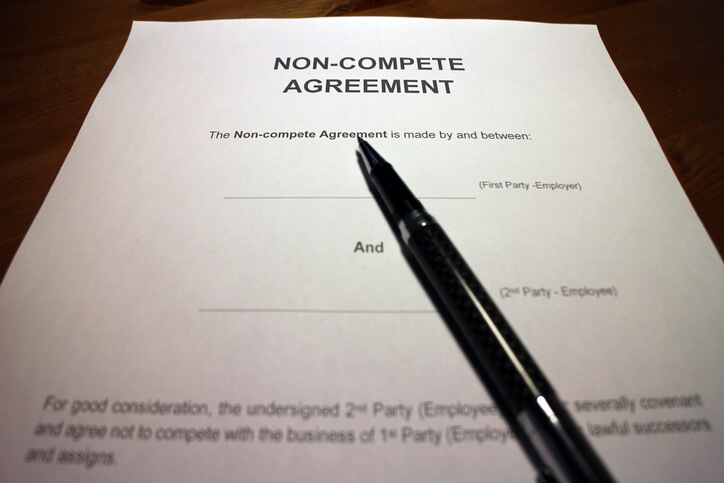Non-compete agreements can be a great way to protect the best interests of your business and are often included within employment contracts. Sometimes, non-compete agreements, which are also called “restrictive covenants,” are signed as separate documents when employees do not have formal employment contracts in place. In either case, these agreements can be an important safety precaution to implement over the course of your business. The laws pertaining to non-compete agreements, however, are intricate and important to be aware of. The applicable laws vary from state to state and will impact the enforceability of the agreement.
What to Know About Non-Compete Agreements
Most commonly, non-compete agreements are put in place to restrict the future employment opportunities of former employees. This is intended to provide protection for things such as a company’s trade secrets, among other things. Depending on the nature of the non-compete agreement, a former employee may be faced with a claim or lawsuit filed by a former employer should he or she be found in violation of the non-compete agreement. As a result, the former employee could be forced to quit the new job.
It is important to note that Pennsylvania courts do not favor non-compete agreements, but do find them enforceable under certain circumstances, nonetheless. It has been noted by courts of the state that these restrictive covenants are viewed as a restraint on trade that can prevent a former employee from earning a living wage. As such, Pennsylvania courts will scrutinize the reasonableness of a non-compete agreement before taking any steps towards enforcing it. For a court to be more likely to uphold and enforce a non-compete agreement, it must be incident to the employer-employee relationship. Furthermore, it should be clear that the protections afforded by the non-compete agreement are reasonably necessary in order to protect the business interest of the employer. The restrictions incident to the non-compete agreement, such as the duration and geographic scope of the restrictions, must be reasonable.
Should a Pennsylvania court find that the restrictions imposed by the non-compete agreement are unreasonable or whether the burden imposed on the former employee by the non-compete agreement is unreasonable, it is likely that the court will not find the agreement enforceable. A court may instead choose to enforce restrictions that are more limited in nature and found to be reasonably necessary to protect the interests of the employer.
The key points here are that, as an employer, you must be careful in the crafting of your non-compete agreements or risk them being found unenforceable. The agreement must be geared towards protecting legitimate business interests. There must be consideration for signing the agreement. This means that the employee must receive something in return for signing the agreement. Often, such an agreement is signed and the signee receives a job. If, however, you want a current employee to subsequently sign a non-compete after already being hired, you may need to provide a pay rate increase or something else in exchange for the employee signing the agreement.
Pittsburgh Business Law Attorneys
For employment legal documents that will protect your legitimate business interests, Jones, Gregg, Creehan & Gerace is here to help. Contact us today.
